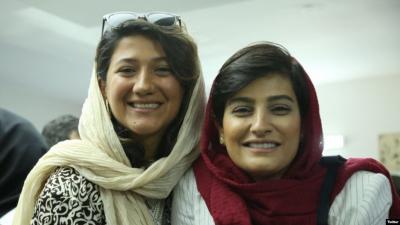Word of the Month
A new order for the Middle East
After World War II the USA gained hegemonic dominance in the Middle East. All regional governments had to toe the line. Any disobediance was seen as a challenge to this order. The recalciterant faced heavy pressures and, ultimately, a coup.
The US was determined to impose a NEW country in the region. Israel was established.
Arab leaders had to demonstrate their obedience to this new order. For example, in the 1970s, as a result of their submission to American interests, the US dollar became the sole currency for international oil transactions. The vast fossil fuel deposits of the Middle East were exploited primarily by American companies, most notably, ARAMCO in Saudi Arabia. The proceeds of this oil wealth belonged to the region's peoples, but instead were placed at the disposal of successive US governments. The relatively small amount retained by local rulers was wasted through their extravagant personal spending.
US influence reached its apex when the US became the sole superpower of the world following the collapse of the USSR. It was in this period that the US invaded Iraq. The stated aim was to rebuild Iraqi government and military structures from the ground up according to American designs.
Luckily this period was shortlived. American intentions in Iraq failed, as did the American adventure in Afganistan. The scandalous withdrawal from Afganistan, after twenty years of disastrous occupation, followed US failure in Iraq and heralded the momentous change of political order in the Middle East. American influence has shrunk drastically.
The Saudis and the United Arab Emirate leaderships are now on friendlier terms with Moscow and Bejing. They want friendly relations with America but on their terms. Saudi oil production is now more in line with Russian interests than with the liking of the US. The recent rapproachment between the Saudis and the Islamic Republic is another indication of the extent to which the Middle East is changing.
There is a general movement towards a new order in the Middle East. The Saudis have a far fetched and ambitious vision of grandour. They are not alone, Turkey, the Islamic Republic of Iran, and the UAE, amongst others, have similar ambitions. Sadly, their ambitions focus primarily on industrial -- and specifically military industrial -- goals, and do not extend to social issues and issues of social justice.
This new order cannot mean a period of stability and happiness for the people of the region. Homegrown tensions can be as nasty and as tragic as internationally-induced ones. An unorthodox, ambitous sense of self-confidence is creeping into the minds of Arab, Iranian, Turkish and Israeli leaders. This may not be in the best national interests of the peoples of the region, but it is homegrown. Welcome to the new order

Add new comment